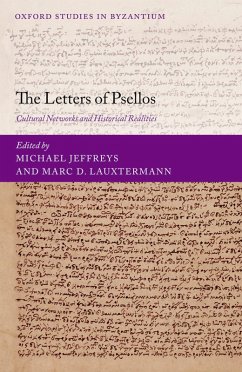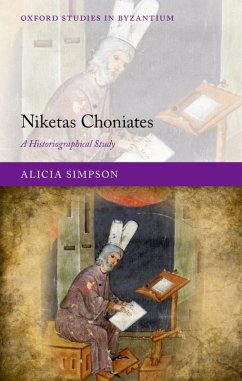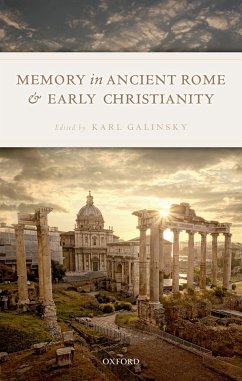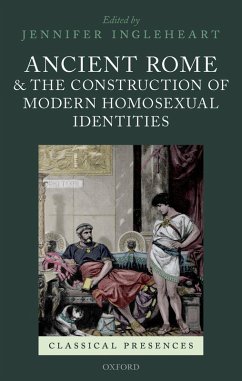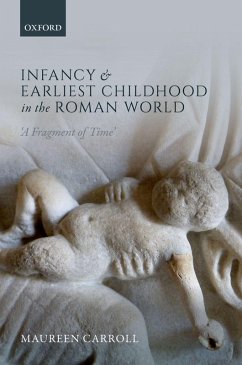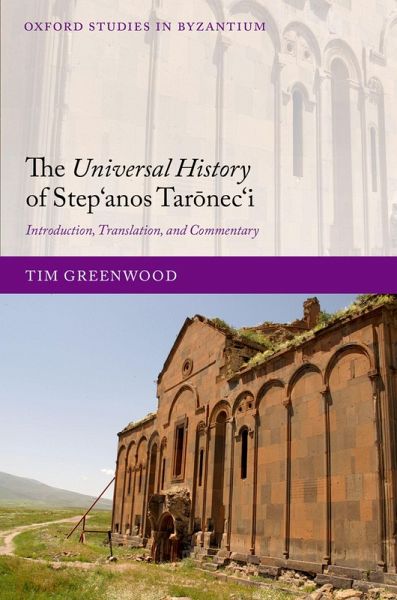
The Universal History of Step¿anos Taronec¿i (eBook, PDF)
Introduction, Translation, and Commentary

PAYBACK Punkte
27 °P sammeln!
The Universal History (Patmut¿iwn tiezerakan) of Step¿anos Taronec¿i is a history of the world in three books, composed by the Armenian scholar at the end of the tenth century and extending from the era of Abraham to the turn of the first millennium. It was completed in 1004/5 CE, at a time when the Byzantine Empire was expanding eastwards across the districts of historic Armenia and challenging key aspects of Armenian identity. Step¿anos responded to these changing circumstances by looking to the past and fusing Armenian tradition with Persian, Roman, and Islamic history, thereby assertin...
The Universal History (Patmut¿iwn tiezerakan) of Step¿anos Taronec¿i is a history of the world in three books, composed by the Armenian scholar at the end of the tenth century and extending from the era of Abraham to the turn of the first millennium. It was completed in 1004/5 CE, at a time when the Byzantine Empire was expanding eastwards across the districts of historic Armenia and challenging key aspects of Armenian identity. Step¿anos responded to these changing circumstances by looking to the past and fusing Armenian tradition with Persian, Roman, and Islamic history, thereby asserting that Armenia had a prominent and independent place in world history. The Universal History was intended to affirm and reinforce Armenian cultural memory. As well as assembling and revising extracts from existing Armenian texts, Step¿anos also visited monastic communities where he learned about prominent Armenian scholars and ascetics who feature in his construction of the Armenian past. During his travels he gathered stories about local Armenian, Georgian, Persian, and Kurdish lords, which were then repeated in his composition. The Universal History therefore preserves a valuable narrative of events in Byzantium, Armenia, and the wider Middle East in the second half of the tenth century. This volume presents the first ever English translation of this work, drawing upon Manukyan's 2012 critical edition of the text, and is also the first study and translation of the Universal History to be published outside Armenia for a century. Fully annotated and with a substantial introduction, it not only provides an accessible guide to the text, drawing on the most up-to-date scholarship available, but also offers valuable new insights into the significance of an often overlooked work, the intellectual and literary contexts within which it was composed, and its place in the Armenian tradition.
Dieser Download kann aus rechtlichen Gründen nur mit Rechnungsadresse in A, B, BG, CY, CZ, D, DK, EW, E, FIN, F, GR, HR, H, IRL, I, LT, L, LR, M, NL, PL, P, R, S, SLO, SK ausgeliefert werden.




